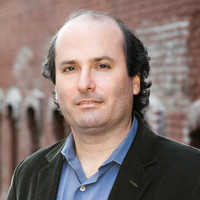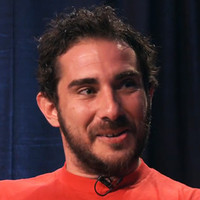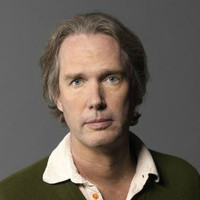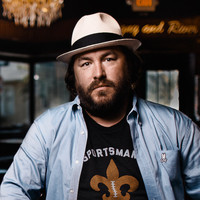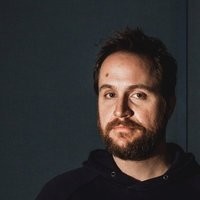David Grann is a staff writer at The New Yorker. His new book is Killers of the Flower Moon: The Osage Murders and the Birth of the FBI.
“The more stories I reported over time, the more I just realized there are parts of the story I can’t always get to. You know, unless this is a reality show and there’s 18 cameras in every room, and people [talk] before they sleep, and maybe you have some mind-bug in their brain for their unconscious, there are just parts you’re just not gonna know. You get as close as you can. And so the struggle to me is to get as close as I can, to peel it back as close as I can, but understanding that there will be elements, there will be pieces, that will remain lingering doubts.”
Thanks to Stamps.com, Squarespace, and MailChimp for sponsoring this week's episode.
